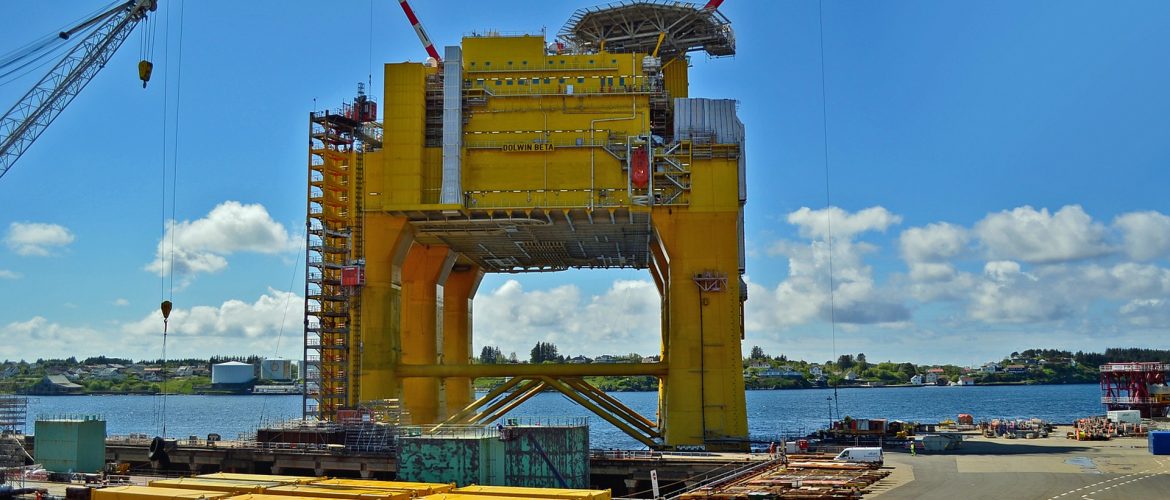In an extensive article by Evangelos Theodorou titled “LNG, the energy crisis and the future of the Planet”, Nikos Mantzaris explains why investing in LNG infrastructure will have a serious climate footprint and undermine EU’s climate targets, while having incalculable economic cost given the uncertain conditions caused by the war in Ukraine.
In the same vein, he voices his concern for the domino effect of this scenario, which could lead several pioneering countries in the development of renewable energy to a return to lignite and coal with disastrous consequences for the climate. Another effect could be the redirection of Russian fossil fuel exports to Asia or to countries seeking cheaper energy. Regarding the latter, he further pointed out that US and EU measures against Russia have made the insurance of Russian oil transfer via tankers much more expensive than in the past. As he put it, “the Russian gas fields supplying Asian markets are not connected by pipelines to those fields supplying Europe, so re-directing fossil fuels destined for Europe to Asia without building thousands of kilometres of new pipelines is far from simple. […] Even though exports of energy products from Russia to Asia have increased by 30% in the first 3 months of 2022 and even if this trend continues, it is very doubtful that it will be enough to offset the economic consequences of western sanctions against Russia.” Therefore, the path of Europe’s independence from Russian fossil fuels is the right strategy also from a geopolitical point of view.
Regarding the developments in Greece, Nikos Mantzaris explained how the increase in the cost of lignite in electricity production is related to the EU ETS and stressed that, in the midst of the war in Ukraine, the extra quantities of lignite are being accumulated just in the case of a sudden interruption of gas supply from Russia and they do not necessarily point to “a return to lignite”, as often argued. As he explicitly stated, “whether these additional quantities will eventually be burned depends on a series of factors, such as whether the supply of Russian fossil gas will indeed be halted, the evolution of CO2 prices on the EU ETS, the evolution of fossil gas prices, as well as the speed of renewables deployment in Greece”.
In the same context, he expressed his concern about the position of the Greek government, the opposition parties and other stakeholders who seem to support gas as the transitional fuel without taking into account neither the climate impact nor the economic cost. On the latter he clarified that relying on gas will be very expensive not only because of the current explosion in gas prices but also because of the “inability to fund new gas plants due to the strict conditions of the Green Taxonomy, without even ruling out the possibility of a vote against the characterization of gas plants as ‘green’ by the European Parliament, which is a prerequisite for their access to funding”.
On this basis, he concluded that a decisive shift to energy savings and renewables – in line with the targets set by the EU and REPowerEU – together with the development of electricity storage infrastructure and demand management technologies “is the only sustainable path for the country’s energy future from both a climate and an economic point of view”.
The article was published on May 2022 and it is available here (in Greek).



















































































































































































































































































































